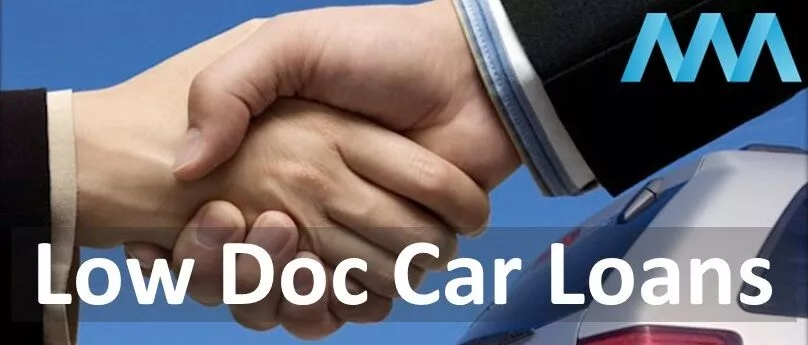Introduction
In this article, we explore how startups can leverage low doc loan to fund their operations and realize their business ambitions.
Starting a new business is an exciting but financially demanding journey. For many entrepreneurs, especially those without a strong financial track record, securing traditional business loans can be a major challenge. This is where low doc loan comes in. Designed for borrowers who cannot provide full financial documentation, low documentation loans offer a flexible financing solution for startup founders who need capital to get their business off the ground.
Why Traditional Loans Often Fail Startups
Banks and traditional financial institutions require a detailed and consistent paper trail before approving business loans. For new businesses, this typically includes tax returns, profit and loss statements, and a proven track record of revenue—all of which a startup may not yet have. As a result, many first-time entrepreneurs find themselves rejected or forced to wait years before qualifying for funding. This delay can stall innovation, delay product development, or cause founders to miss market opportunities.
How Low doc loan Help Startups Move Forward
Low doc loan is designed specifically for borrowers who lack complete documentation. For startups, this means being able to access funds by providing alternative forms of proof such as business activity statements (BAS), accountant letters, or bank statements showing recent income. This type of loan is especially valuable for new entrepreneurs who have income flowing in but lack formal tax records or financial histories. With easier access to working capital, startups can cover expenses like purchasing inventory, leasing office space, or launching marketing campaigns.
Understanding the Criteria for Low doc loan
Though low documentation loans require less documentation, they still come with eligibility criteria. Lenders will often require a good credit score, a minimum trading period (usually six to twelve months), and evidence of consistent cash flow. Depending on the lender, you may also need to offer a larger deposit or provide security in the form of property or business assets. It’s important for startup owners to be honest about their income projections and ensure they can meet repayment obligations to avoid defaulting on the loan.
Low doc loan: Flexibility with Responsibility
One of the biggest benefits of low documentation loans for startups is flexibility. Unlike rigid traditional loans, these products are more accommodating to the evolving nature of small businesses. However, this flexibility comes at a price. Interest rates on low doc loan is often higher, and the repayment terms may be shorter. This means startup founders must manage their funds carefully and create a clear repayment plan to avoid falling into a debt trap. A financial adviser or accountant can help ensure the loan supports, rather than hinders, long-term growth.
Choosing the Right Lender for Your Startup
Not all low doc loans are created equal. Startups should shop around for a lender that not only offers competitive interest rates but also understands the unique challenges of new businesses. Some lenders specialize in working with startups and small business owners and may offer more favorable terms. Comparing offers from banks, credit unions, and non-bank lenders will help ensure you’re getting the best deal. Look closely at fees, repayment flexibility, and customer support before making a decision.
Conclusion
For entrepreneurs striving to build something new, access to funding can make all the difference. Low doc loan provides a practical and accessible financing option for startups that are rich in ideas but limited in documentation. By understanding the eligibility criteria, weighing the costs, and selecting the right lender, startup founders can use low documentation loans as a powerful tool to kick-start their business journey. When used wisely, these loans can turn ambitious plans into profitable realities.




